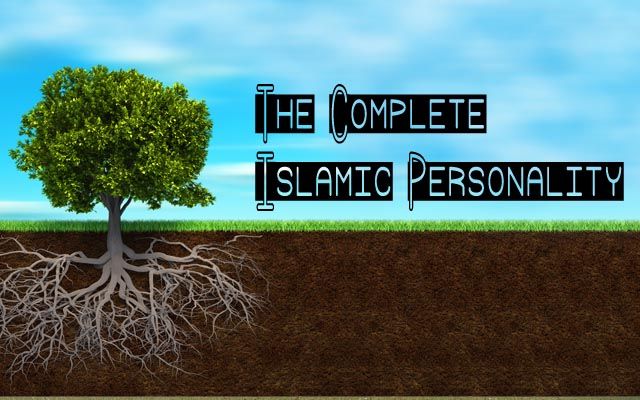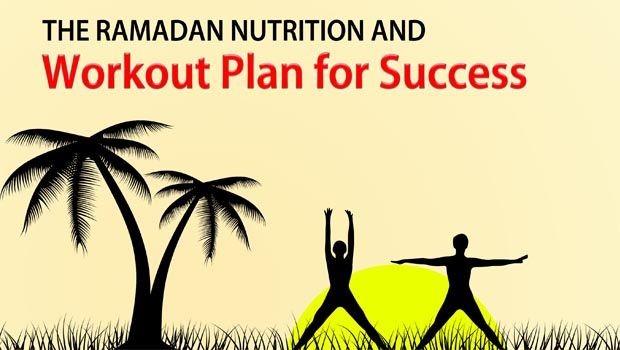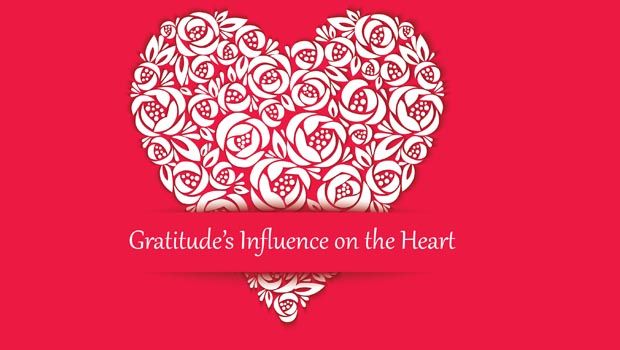It is well known and understood that Islam is a holistic system that impacts all areas of a person’s life. We hear this often but do we really know what this means and how it plays out in our lives? On this topic, Imam Hasan Al-Banna has a beautiful and instructive statement about being intent on reforming ourselves. He says, “A Muslim should strive to attain a strong body, good character, cultured thought. He should be able to earn a living, have pure belief, and correct worship. He should be able to control his desires, be careful about his time, organized in his affairs, and beneficial to those around him. These comprise the duties of every Muslim as an individual.” These ten points provide a well-rounded approach to personal development according to the teachings of Islam.
Everything that we do is in the service of Allah (SWT), and what He requires from us is the intention and striving to bring about benefit to ourselves and all of humankind
According to the above quote, the first strength necessary for a complete Islamic personality is physical strength. Our health is a blessing and responsibility from Allah subhanahu wa ta`ala (exalted is He) and the quality with which we take care of it affects all areas of our lives. If we are healthy, we have greater clarity of thinking, more energy, and enhanced emotional stability. Conversely, when we neglect our health, we fall victim to physical maladies like fatigue or lethargy, psychological issues like anxiety or depression, and spiritual struggles. For these reasons, good health is foundational in the development of the well-rounded Muslim personality.
From good health comes the second strength which is an outward manifestation of a quality relationship with one’s Creator — good character. The Arabic word mat?n means good but also firm. We can infer from this dual meaning that strong character must demonstrate itself not only in times of ease but also when things are difficult. When things are easy, it is no great challenge to maintain good conduct and treat people in the best way possible; but in the face of hardship, fatigue, frustration, disappointment, anger, and an array of other emotions, the fortitude of one’s character is put to the test. The person who has firm character can withstand these tests, but the one who is only putting on a show will eventually be exposed for who he really is.
Time is life itself and the person who squanders time is squandering opportunities to develop the self and purify the heart
The third strength necessary to build a strong Muslim personality is intellectual and educational rigor as the basis for attaining enlightened and refined thought. This is of utmost importance as many times this strength is neglected by people who are perceived to be “religious.” Islam is a system of life, informed by the teachings of the Divine, and embodied in the real-life example of Prophet Muhammad (peace be upon him). Yet, to understand and apply Islamic teachings in a manner that goes beyond blind faith or superficial understanding, one must develop the intellect. Then one learns to think critically, cultivates powers of discernment so as to properly perceive what has value and what has priority, and comprehends the best ways to apply Islamic wisdom and practical solutions to problems facing humanity.
The fourth type of strength necessary to build a strong Muslim personality capable of serving Allah and serving Islam is financial strength — being able to earn a living. It is very difficult to contribute to the well-being of society when one’s financial situation is so dire that he is primarily occupied with essential issues like food, clothing, shelter, and health care. A Muslim must always seek financial stability and sufficiency so that he can be independent and able to devote time and other resources in his service to Islam. Whether poor or affluent, all should seek some sort of financial stability.
After mentioning physical, intellectual, and character strength, as well as financial stability, Imam Al-Banna then moves on to point out the importance of pure belief and correct worship. These are the basis and backbone of the first four strengths. Eman and ibabah are the sources by which the Muslim finds his or her direction in daily living and the kind of relationship with the Divine that is required to face the difficulties that come with service to the Truth. They constitute the well which quenches the spiritual thirst of the heart in its search for its natural inclination.
Hasan al-Basr? said, “O Son of Adam! You are nothing but a compilation of breaths and with each breath that passes, a piece of you is gone.”
The mission — to be of service to the Truth — requires much from the individual so dedicated, and herein lies the appropriateness and necessity of the last four characteristics. Firstly, the Muslim is constant in fighting his or her base desires. In the struggle to worship Allah (SWT) and live a righteous life there are endless difficulties and tests. These tests are sometimes very clear and open, but sometimes very subtle. They can be tests of our sincerity, whether our ego seeks excessive praise and aggrandizement, whether we are given to conciliation or argumentation, and countless other provocations by the lower self. These tests cannot be overcome except through a never-ending process of learning to control — to moderate, elevate, and channel —one’s desires.
The next two of these characteristics are to be strict with one’s time and organized in one’s affairs. Time is life itself and the person who squanders time is squandering opportunities to develop the self and purify the heart. In this regard, Hasan al-Basr? said, “O Son of Adam! You are nothing but a compilation of breaths and with each breath that passes, a piece of you is gone.” The well-rounded Muslim will also find that his or her responsibilities always outweigh the amount of time available. For this reason, the Muslim is always strict with his time and organized in her affairs so that they can reap the most benefit from this life before meeting their Lord in the next life.
The last characteristic is to be beneficial to others. We do well to reflect deeply on this. Everything that came before is lost if we are harmful to those around us. The scholars of Islam have said that the core objective of Islam is to produce benefit. Everything that we do is in the service of Allah (SWT), and what He requires from us is the intention and striving to bring about benefit to ourselves and all of humankind.
May Allah (SWT) help us to embody these characteristics and bless us with the capacity to manifest Islam in all of its wonderful beauty.






